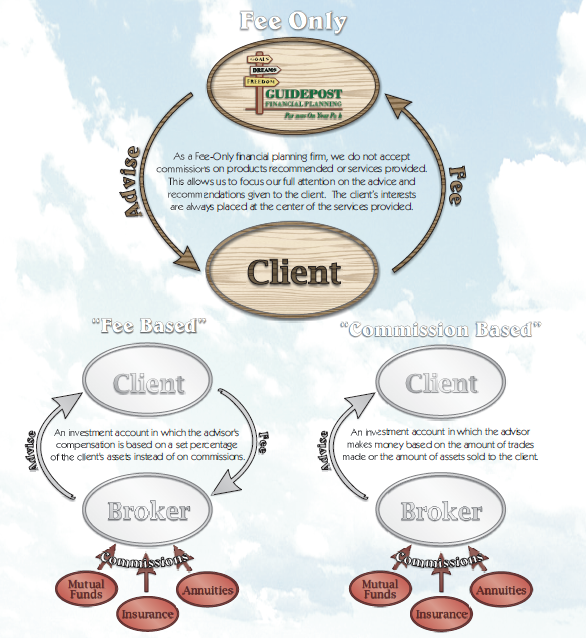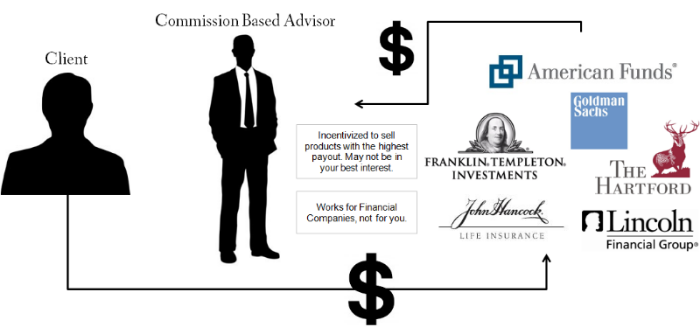FeeBased vOnly Financial Planners Advisers
Post on: 16 Март, 2015 No Comment

Its possible that, at some point, you will feel as though you need hep planning your finances. In such a case, you will want to turn to a financial planner or adviser to help you figure out your best move.
Before you make a decision about picking a financial adviser. its a good idea to consider how he or she is paid. We hear a lot about how consumers might be better off staying away from commission-based financial planners, and choosing those that work based on fees. However, when it comes choosing a financial planner that operates based on fees, its not always cut and dry. There are two designations that include the use of the word fee:
Fee-Based Financial Advisers
For the most part, these are financial advisers that often charge a fee based on assets under management. So, you are usually charged according to the assets that your financial planner manages for you. So, if your assets increase and your net worth improves, a fee-based adviser gets more. It is also worth noting, though, that fee-based financial planners can usually also receive commissions for some of the products they get you to use. While some fee-based advisers present you with an either-or (they get commissions or fees from assets under management), others might receive payment from both.
Fee-Only Financial Advisers
In most cases, when a distinction is made, fee-only financial planners and advisers are those that accept payment directly from the client. This means that fee-only planners charge by the hour, the plan, or charge a monthly or yearly retainer. There are fee-only advisers, though, that can be compensated for assets under management. Many consumers are more comfortable paying a set fee, rather than wondering if their financial planner or adviser is steering them toward a product based on commission.

Finding Out How Your Financial Planner is Paid
Adding to the confusion is the fact that sometimes, fee-based and fee-only are used interchangeably. No matter what term is used, though, it is important to find out how your financial adviser is paid, however. Someone whose income is received mostly through commissions might have conflicts of interest built in. After all, if there is a good commission on a certain fund, but the fees are high for you, or it might not fit you just right, the adviser might go ahead and encourage you to invest in the fund, since it will help his or her bottom line. This type of conflict of interest can cost you even though you might not be invoiced by the financial planner or adviser.
Before you make a decision about any financial planner or adviser, make sure you understand how he or she is compensated. Many people are gravitating toward the fee-only model because it reduce the chances for conflict of interest. The adviser is being paid, by you only, to provide you with guidance that works for you. Many people have a hard time totally trusting a financial planner who receives commissions, since you never really know if the recommendation will really help you financially.
What do you think? What type of financial planner/adviser would you prefer?














